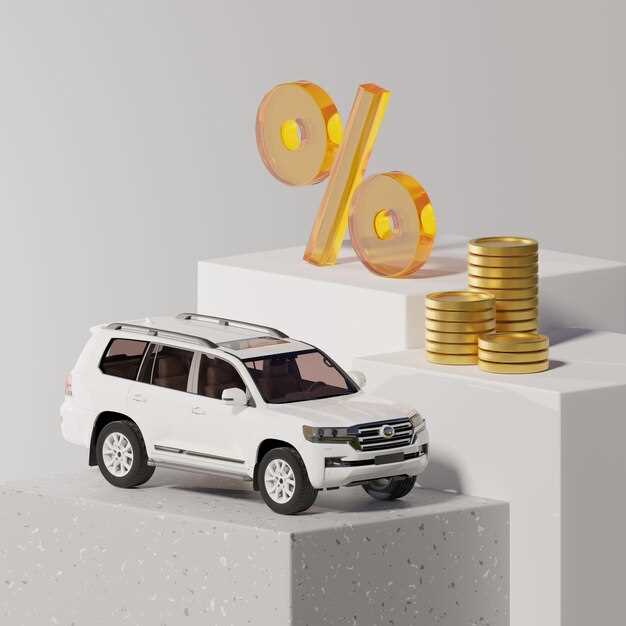
The automotive industry is on the brink of a significant shift as we approach 2025, particularly in the context of Chinese cars. With a rapidly increasing presence in global markets, these vehicles not only boast innovative technology and design but also present unique opportunities for investment. Understanding the dynamics of this market is crucial for potential investors looking to navigate the complexities of resale value and overall performance of these vehicles.
In recent years, Chinese automobile manufacturers have made substantial strides in improving quality, safety, and sustainability, positioning themselves as serious contenders on the world stage. As consumers become more environmentally conscious, the demand for electric vehicles (EVs) and hybrids is skyrocketing, further enhancing the value proposition of investing in Chinese automotive brands. Analyzing the factors that contribute to the resale value of these cars will be essential for anyone looking to get ahead in this evolving market.
Investment strategies should also consider not only the current trends but also projections for the future. As Chinese automakers expand their global footprint and enhance their brand reputation, understanding the intricacies of market sentiment and consumer preferences will be key. This article seeks to provide comprehensive insights into the landscape of investing in Chinese cars, examining various variables that influence value, performance, and long-term resale prospects as we move toward 2025.
Evaluating the Resale Value of Chinese Cars in 2025
The resale value of Chinese cars in 2025 will be shaped by various factors, including market trends, consumer perceptions, and the overall economic environment. Traditionally, the resale value of vehicles is influenced by brand reputation, reliability, and the demand for specific models. As Chinese automakers continue to enhance their production quality and technological features, the perception of these cars is gradually shifting, which could positively impact their resale value.
One significant factor to consider is the growing popularity of electric vehicles (EVs) within the Chinese automotive market. With a strong push towards sustainability, Chinese manufacturers are investing heavily in EV technology, producing models that not only compete with global brands in performance but also in pricing. As the adoption of electric cars continues to rise, their resale values may stabilize or even appreciate if the demand remains high.
Additionally, the influence of government policies cannot be overlooked. The Chinese government is actively supporting local manufacturers through subsidies and incentives, enhancing competitiveness. As these policies evolve, they may create a more favorable environment for resale values of Chinese cars, particularly if new regulations favor eco-friendly vehicles.
Consumer confidence will play a crucial role in determining resale values as well. As more buyers experience ownership of Chinese cars and share their feedback through reviews and word of mouth, a building trust in these brands will likely lead to stronger market demand. This can directly impact the resale prices in the secondary market, making them more attractive to potential buyers.
Lastly, external economic factors such as inflation, interest rates, and overall automobile market health in 2025 will significantly influence resale values. If economic conditions are favorable, consumers may be willing to spend more on cars, including Chinese models, which would enhance their resale potential in the long term.
In summary, the resale value of Chinese cars in 2025 will depend on a complex interplay of brand improvement, technological advancements, government support, consumer trust, and macroeconomic factors. Investors and potential buyers should closely monitor these dynamics to make informed decisions in the evolving automotive landscape.
Key Factors Influencing the Market Demand for Chinese Cars

The demand for Chinese cars is influenced by several key factors that potential investors and consumers should consider. These factors include pricing strategies, technological advancements, brand perception, and overall market dynamics.
- Pricing Strategy: Competitive pricing is a primary driver for market demand. Chinese cars often offer lower upfront costs compared to their Western counterparts, making them attractive to budget-conscious consumers.
- Technological Advancements: The rapid development of electric vehicles (EVs) by Chinese manufacturers is reshaping the automotive landscape. Innovative features and improved battery technology enhance the appeal of Chinese cars.
- Brand Perception: The perception of Chinese car brands is evolving. While traditional views may associate them with lower quality, increased investment in manufacturing processes and safety features is helping to improve their image.
- Government Policies: Support from local and national governments, including subsidies for EVs and favorable tax policies, significantly boosts demand for Chinese cars in various markets.
- Resale Value: Resale value remains a crucial consideration for consumers. As Chinese brands enhance their reputation, the expected resale value of these cars is also improving, making them a more appealing long-term investment.
- Market Trends: An increase in demand for eco-friendly vehicles is prevalent globally. As consumers shift towards sustainable transportation options, Chinese EVs are positioned favorably in the market.
- Consumer Preferences: Changing consumer preferences, driven by a younger demographic, incline toward advanced technology and sustainability. Chinese manufacturers are quick to adapt to these trends, enhancing their market presence.
In summary, understanding these factors is essential for those looking to invest in the Chinese car market or for consumers considering the purchase of a Chinese vehicle.
Strategies for Maximizing Investment Returns on Chinese Vehicles

Investing in Chinese cars can yield significant returns, especially as the automotive market continues to grow both domestically and internationally. To maximize investment returns, it is essential to focus on specific strategies that enhance resale value and overall profitability.
First, prioritizing well-established brands is critical. Chinese manufacturers like BYD, Geely, and NIO have gained credibility and consumer trust. Investing in vehicles from these companies is likely to lead to better resale values, as their reputation continues to expand globally.
Additionally, consider the popularity of electric vehicles (EVs). The Chinese market is leading the way in EV production, and consumer demand is increasing. Investing in electric Chinese cars not only meets the rising global interest in sustainable transportation but also positions assets for higher resale values in the future.
Another vital aspect is understanding local market trends. Researching which models are gaining traction and which vehicles hold their value can inform better purchasing decisions. Monitoring changes in consumer preferences can provide insight into when to buy and sell vehicles for maximum profit.
Regular maintenance and proper care of vehicles can significantly impact resale value. Investors should ensure their cars are kept in good condition, which not only preserves value but also attracts potential buyers when it is time to sell.
Participation in online marketplaces and established dealerships can enhance the visibility of your investment. Listing vehicles on popular platforms can facilitate quicker sales and potentially lead to higher sale prices due to increased competition among buyers.
Lastly, staying updated on governmental policies and incentives related to the automotive industry can create opportunities for advantageous investments. Subsidies for electric vehicles or restrictions on older cars can influence demand and, subsequently, resale value.


